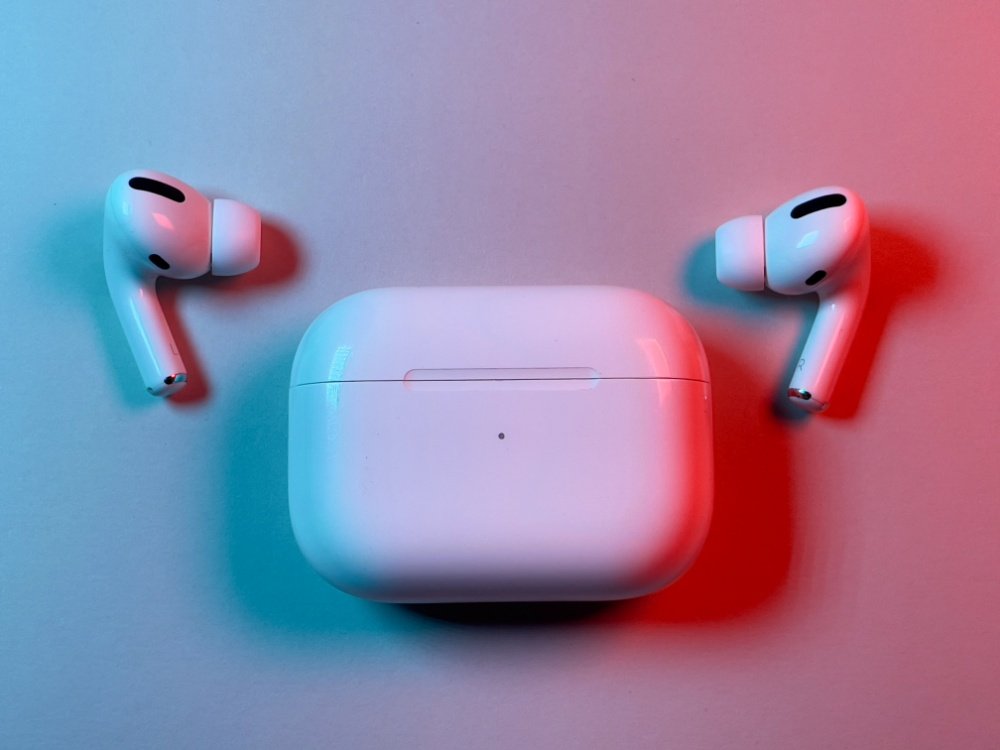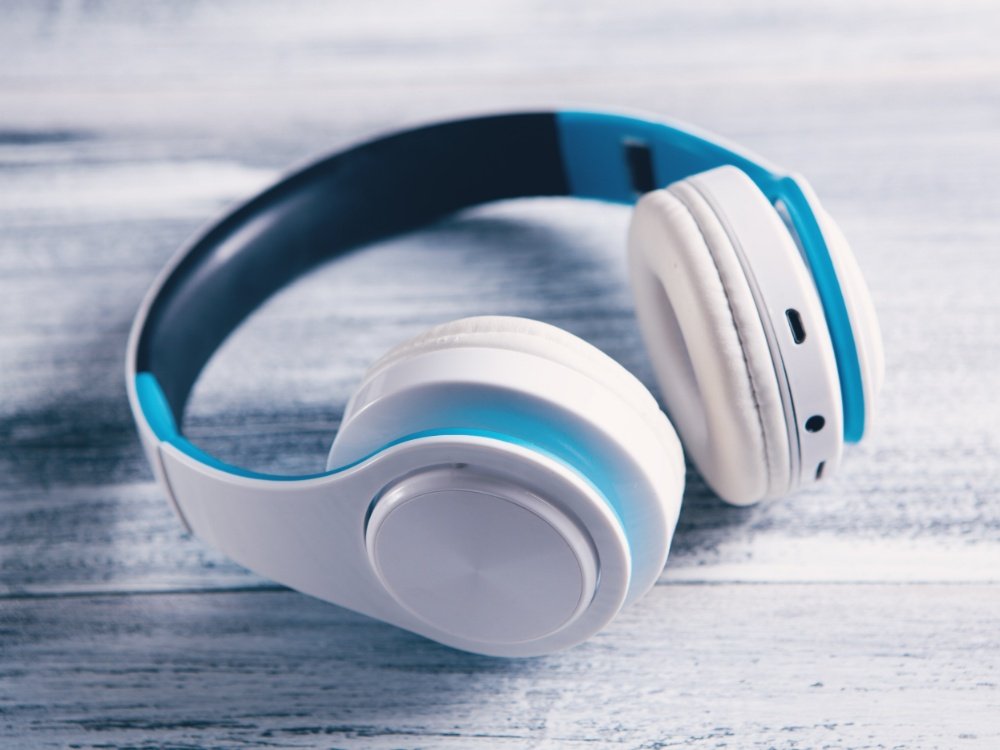Using wireless earphones as an inexpensive alternative to traditional hearing aids has been explored and discussed in various contexts. Here are some considerations:
Pros:
- Cost-Effective: Traditional hearing aids can be expensive, while wireless earphones, especially budget-friendly ones, are generally more affordable.
- Connectivity Features: Wireless earphones often come with Bluetooth connectivity, enabling users to connect to smartphones and other devices. This can be advantageous for adjusting settings, streaming audio, or taking advantage of hearing assistance apps.
- Discreet Appearance: Many wireless earphones have a discreet design, making them less noticeable than traditional hearing aids, which can be appealing to some users.
- Multipurpose Use: Wireless earphones can serve multiple purposes, such as listening to music, making phone calls, and amplifying ambient sounds, making them versatile devices.
Cons:
- Sound Quality: While wireless earphones can provide amplification, they may not offer the same level of sound quality and customization as dedicated hearing aids. Hearing aids are often designed to address specific types and degrees of hearing loss.
- Fit and Comfort: Hearing aids are typically custom-fitted to the user’s ear for optimal comfort and performance. Wireless earphones may not provide the same level of customization and may not be as comfortable for extended wear.
- Battery Life: Some wireless earphones may have shorter battery life compared to hearing aids designed for continuous use throughout the day.
- Lack of Specialized Features: Hearing aids often come with specialized features such as noise reduction, feedback cancellation, and directional microphones to enhance the user’s hearing experience. Wireless earphones may lack these features.
Important Considerations:
- Hearing Assessment: It’s crucial to have a proper hearing assessment to determine the type and degree of hearing loss. This assessment is typically done by a qualified audiologist who can recommend appropriate solutions.
- Professional Advice: Before using wireless earphones or any alternative as a hearing aid, it’s advisable to seek guidance from a healthcare professional, such as an audiologist or an ear, nose, and throat (ENT) specialist.
- Regulatory Approval: Traditional hearing aids are regulated medical devices, ensuring they meet specific standards for safety and performance. Consumer wireless earphones may not have the same regulatory approval for use as hearing aids.
While wireless earphones may offer a temporary solution or assist with mild hearing difficulties, it’s important to recognize their limitations compared to dedicated hearing aids. Individuals with significant hearing loss should consult with a healthcare professional for appropriate guidance and intervention.






